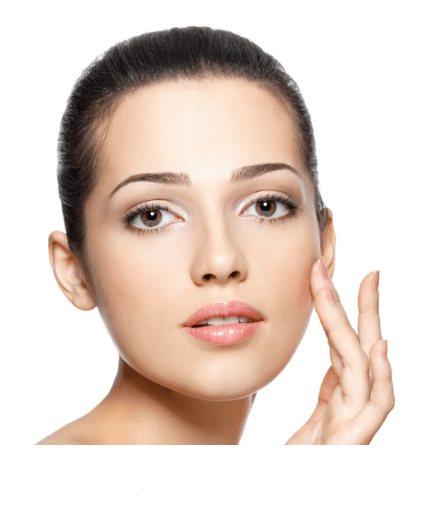For many people, skin rashes throughout the summer are a typical worry. The skin becomes more vulnerable to irritants and rashes due to rising temperatures. Heat and humidity can clog sweat ducts, trapping perspiration beneath the skin and thus causing a rash that appears as tiny bumps or blisters, more common in the summer. Be proactive, prevent skin rashes by taking precautions, and enjoy summers with healthy skin.
Let us look at a few factors contributing to skin rashes during the summer.
Heat and humidity
The heat and humidity levels increase during the summer, leading to excessive sweating. Sweat trapped on the skin can cause irritation, rashes, or skin dullness.
Exposure to sun: Long-term exposure to the sun causes sunburn and leads to rashes. When exposed to sunlight, some people may experience an allergic reaction or a rash known as a polymorphic light eruption (PMLE). It further manifests as itchy, red bumps or blisters on the exposed areas of the skin. PMLE can be best treated by an expert skin doctor at Skincell.
Insect bites can also aggravate the skin and cause rashes during the summer.
Allergens: Allergens like pollen from grasses and blossoming plants are abundant during the summer. Allergic dermatitis is caused by the immune system’s reaction to allergens, which leads to redness, itching, and hives.
Contact with irritants: People frequently get contacted with irritants during the summer, such as chlorine in swimming pools, abrasive soaps, or specific fabrics, which further leads to itching, dryness, and rashes.
Skin rashes can be managed or prevented by following simple measures.
To get rid of sweat and stop bacterial growth, wash your skin frequently with mild cleansers and pat it dry gently.
Drink plenty of water to keep your skin hydrated and avoid skin dryness.
To guard the skin from UV radiation and against sunburn and sun rashes, use broad-spectrum sunscreen with a high SPF.
Opt for loose-fitting, lightweight fabrics that allow air circulation and reduce friction against the skin.
Reduce exposure to recognized irritants and allergens, strong chemicals, certain fabric materials, and known allergies to prevent skin reactions.
Applying soothing creams or ointments with Aloe Vera or Hydrocortisone can reduce itching and inflammation in mild rashes. However, if the rashes persist or worsen, visit your skin doctor. Skincell offers the best treatments for acne, pigmentation, skin dullness, and any other skin problem.

